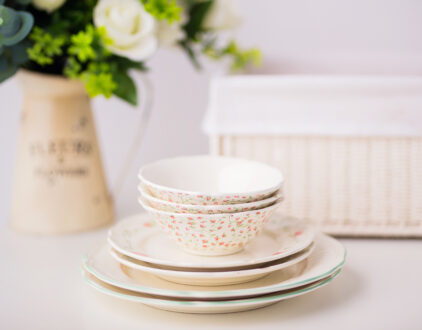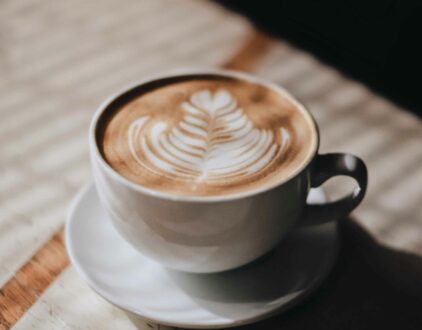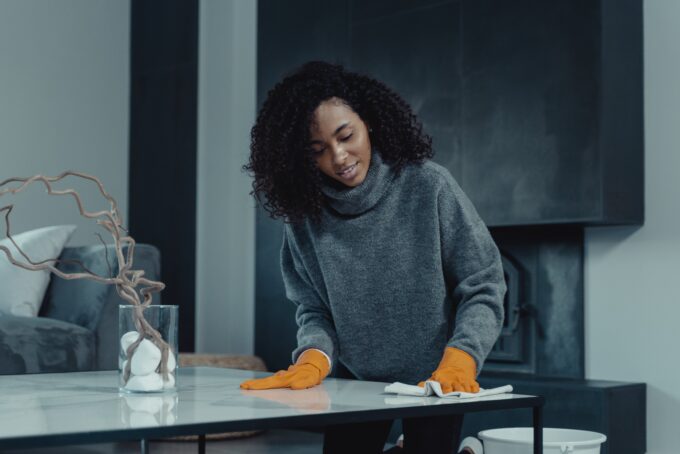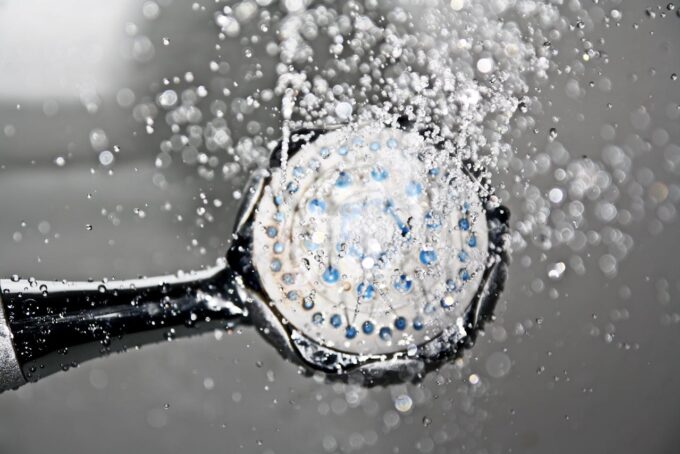Our daily lives often revolve around convenience. From disposable coffee cups to single-use plastic, we’re constantly seeking easier ways to manage our daily tasks. One such convenience is the trusty kitchen sink — a place where we often dump everything without giving it a second thought. But are you aware that there are certain things you should never pour down your drain?
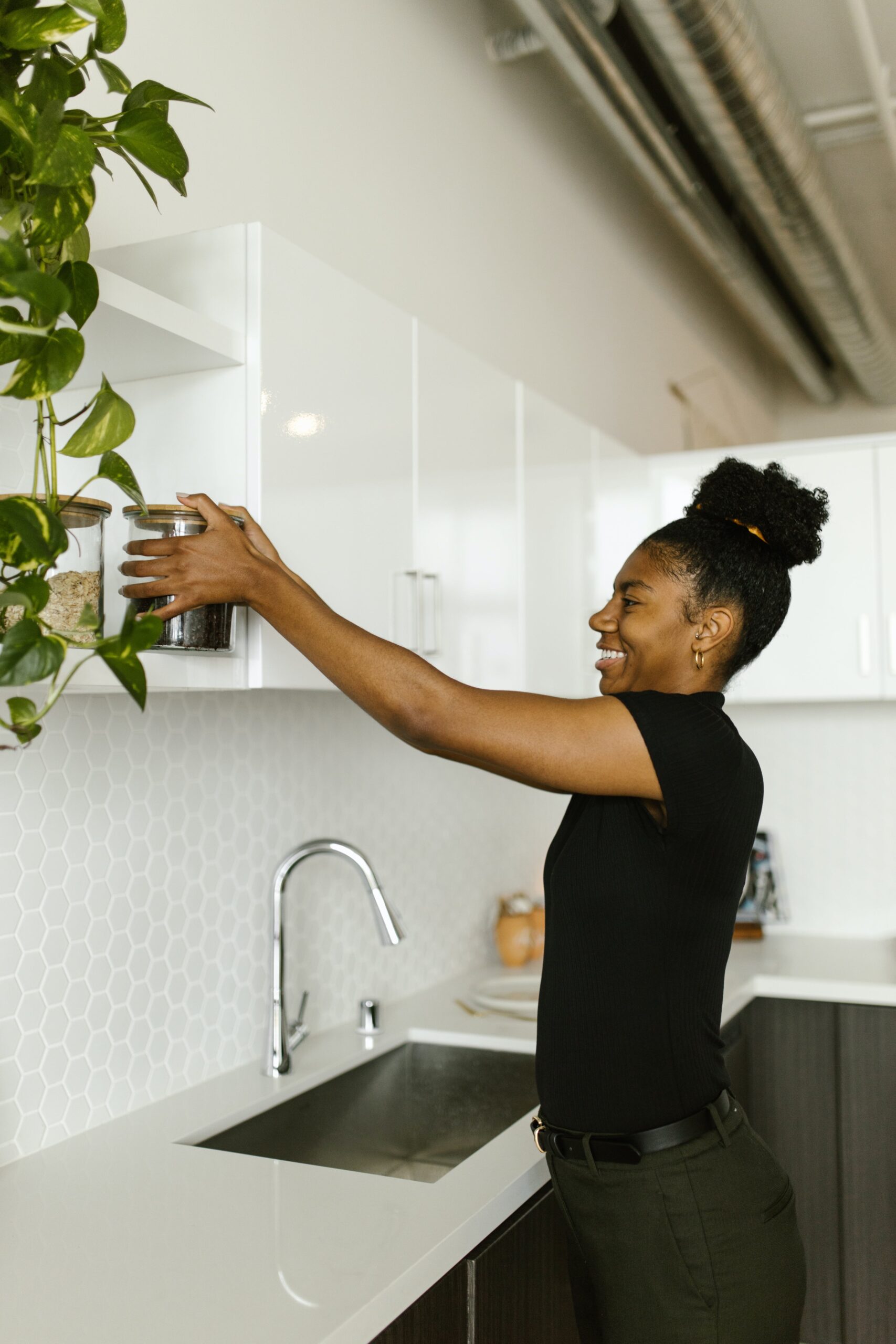
Understanding the Drain System
Your home’s drain system is like a circulatory system, keeping a smooth flow of water and waste. It consists of a network of pipes and drains that transport water and waste away from your sinks, toilets, and showers, ultimately leading it to the sewage or septic tank. If the wrong thing were to end up in your drains, it can get clogged or damaged, and result in some pretty expensive damage control to fix. Here are a few things that should stay away from your drains.
1. Cooking Oils and Grease
Pouring cooking oils and grease down the drain may seem harmless initially, but it’s best to avoid it. These substances can solidify inside your pipes, creating blockages and clogs that can be a headache to deal with. As the warm, liquid fats cool down, they congeal and adhere to the walls of your pipes, narrowing the passage for water to flow through.
Over time, this buildup can lead to a significant blockage, potentially causing backups and damage to your plumbing. Instead, let oils and grease cool and solidify in a container before tossing them in the trash. If you have larger quantities, consider recycling them at a local recycling center.
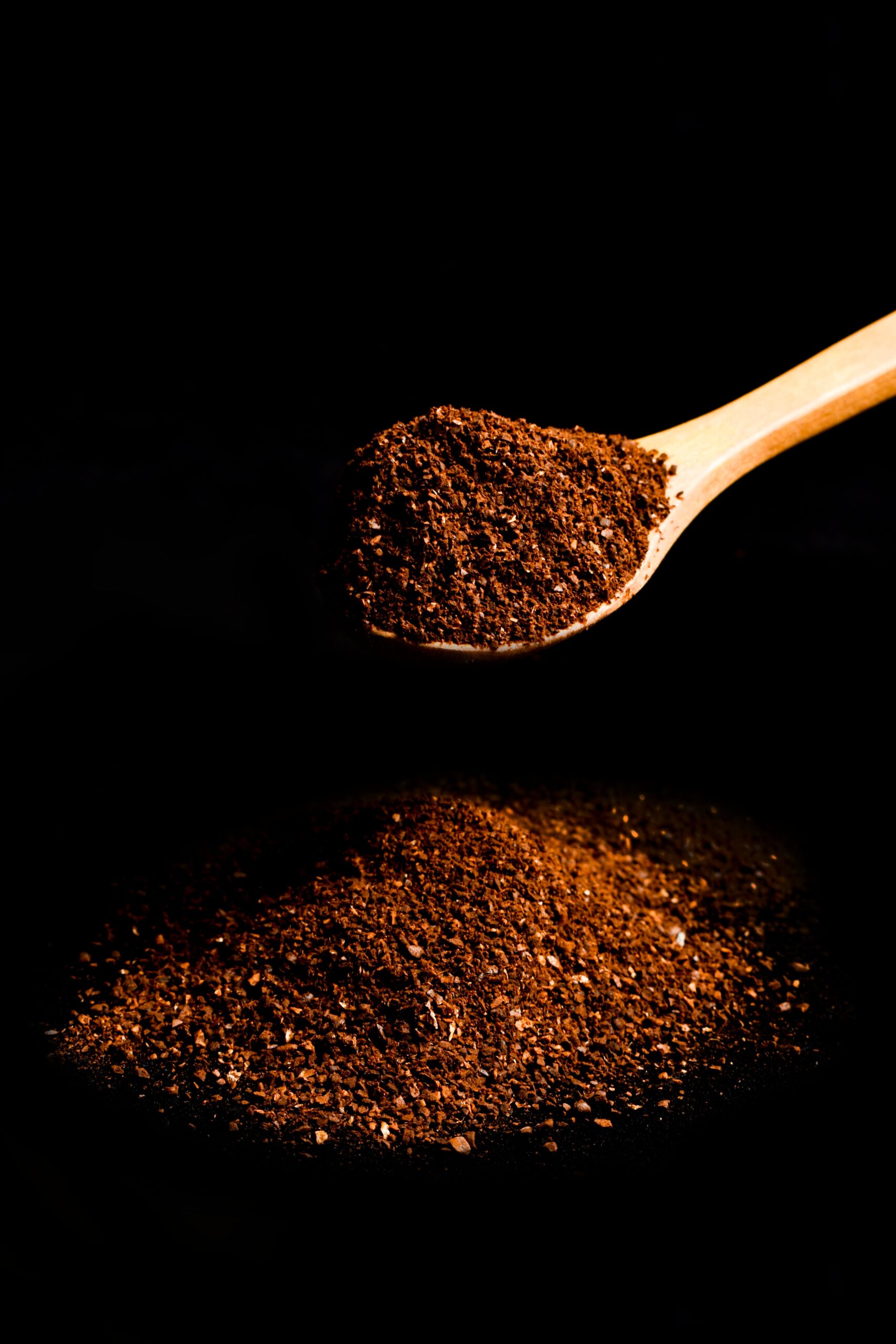
2. Coffee Grounds
Coffee lovers, we’re sorry! While it’s tempting to wash coffee grounds down the sink, these tiny particles can accumulate over time, causing blockages. Coffee grounds tend to clump together when mixed with water, forming a thick, gritty paste that can adhere to your pipes.
To avoid this issue, dispose of coffee grounds in the trash or consider using them in your compost or garden as a natural fertilizer. They can enrich the soil and help your plants thrive without causing any harm to your plumbing.
3. Eggshells
Eggshells are often thought to sharpen the blades of garbage disposals, making them seem like a convenient option for disposal. However, they can actually do more harm than good. The thin membrane inside the eggshell can wrap around the disposal’s blades, causing them to malfunction. While eggshells may not cause immediate clogs, it’s best to toss them in the trash or compost them if you prefer an eco-friendly approach.
4. Pasta and Rice
Pasta and rice may seem harmless when washed down the drain, but they have a sneaky way of expanding when exposed to water. These starchy foods can absorb moisture and swell, creating a gelatinous mass that can easily clog your pipes. Be mindful and toss these starchy foods in the trash instead.
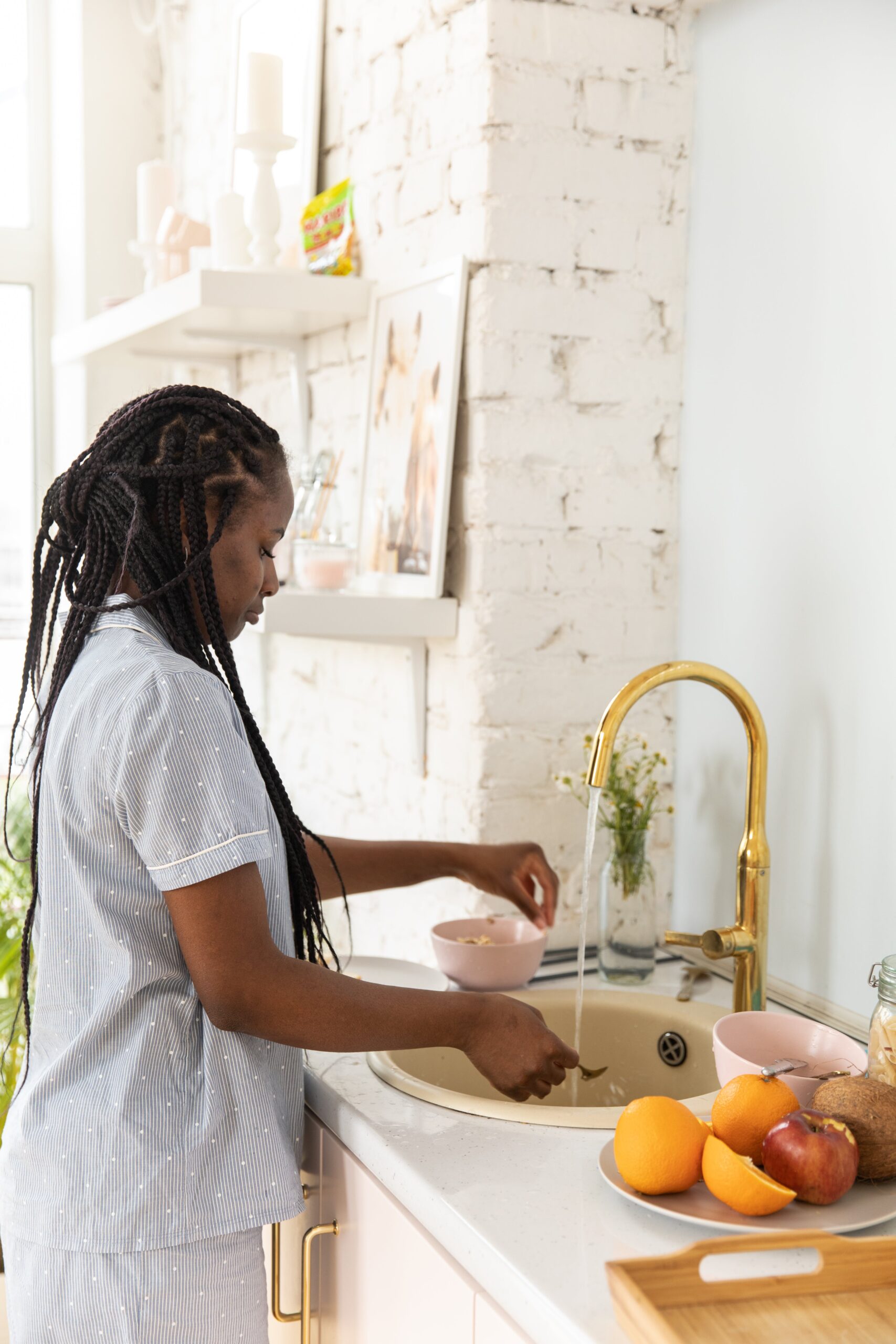
5. Fruit Peels
Fruit peels, such as those from citrus fruits like oranges and lemons, can release oils that are harmful to your pipes. These oils can break down certain materials used in plumbing, leading to deterioration and leaks. Instead of tossing them down the drain, consider composting or disposing of them in your compost bin.
6. Hair
Hair is a common culprit in drain clogs, especially in the bathroom. It’s easy for hair to slip down the shower or sink drain, but it can quickly accumulate and become a nuisance. As hair combines with soap scum and other debris, it forms clumps that obstruct the flow of water. Your best bet is to get a drain strainer or catcher to prevent hair from going down the drain.
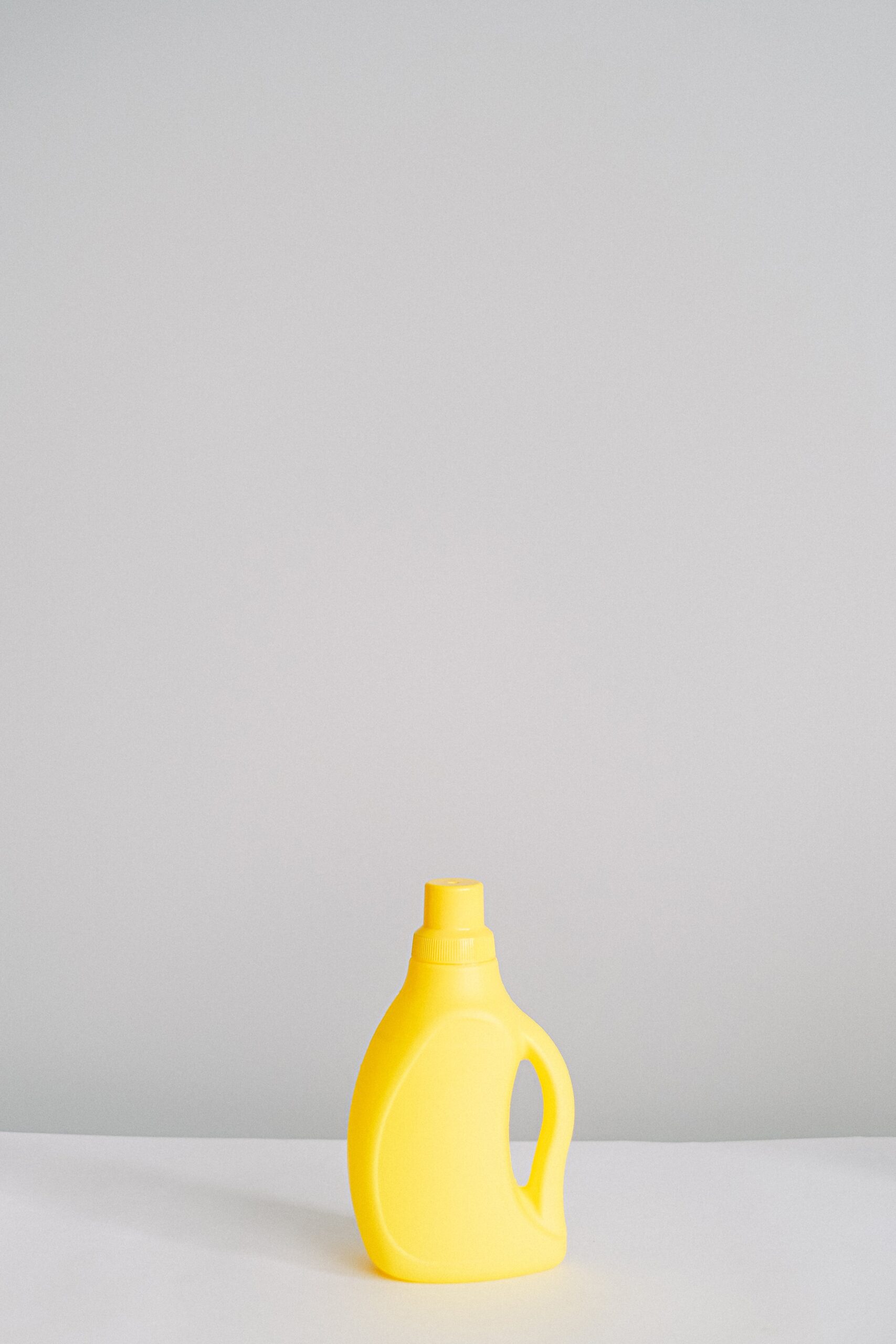
7. Chemical Cleaners
While not something you pour down the drain daily, drain cleaners can harm both your pipes and the environment. These harsh chemicals are designed to dissolve blockages but can also corrode the inner lining of your pipes, making them more vulnerable to leaks and damage.
Instead, try natural and environmentally friendly cleaning alternatives when cleaning your drains. Baking soda and vinegar, for example, can be used to create a foaming action that helps break down clogs without harming your plumbing. It’s a safer and greener option for maintaining your drain system.
8. Medications
Flushing expired or unused medications down the toilet may seem like the responsible thing to do, but it can contaminate our water supply. Pharmaceuticals contain various chemicals that can persist in the environment and harm aquatic life. Instead, check with your local pharmacy for medication disposal programs or follow FDA guidelines for safe disposal.
9. Paint and Solvents
These substances can corrode pipes, also leading to leaks and damage over time. Pouring them down the drain can also introduce harmful chemicals into the environment. Dispose of these items properly according to your local regulations. Look for hazardous waste disposal centers or events in your area where you can safely get rid of paint and solvents.
10. Dental Floss and Cotton Swabs
These seemingly harmless items can tangle and create blockages in your plumbing. Dental floss, for instance, can wrap around other debris and create a web-like structure that impedes the flow of water. Cotton swabs, while small, can accumulate and contribute to clogs.
popular posts
Spaces
Whether it’s luxury or ease, every area of your home should be as fabulous and unique as you.
Deep Cleaning Your Home: What To Do and Where To Start
by Brittni Williams | October 23, 2023
Here's What the Tesla Bot Could Mean for Your Home Chores
by Melody Beuzelin | December 28, 2023
In Between Showerhead Replacements, Make Sure It's Properly Cleaned
by Shamontiel Vaughn | November 25, 2024
FOLLOW ALONG ON INSTAGRAM
#homeandtexture
Find us on social for more home inspiration where culture, personal style, and sophisticated shopping intersect to help you create a home where you love to live.

